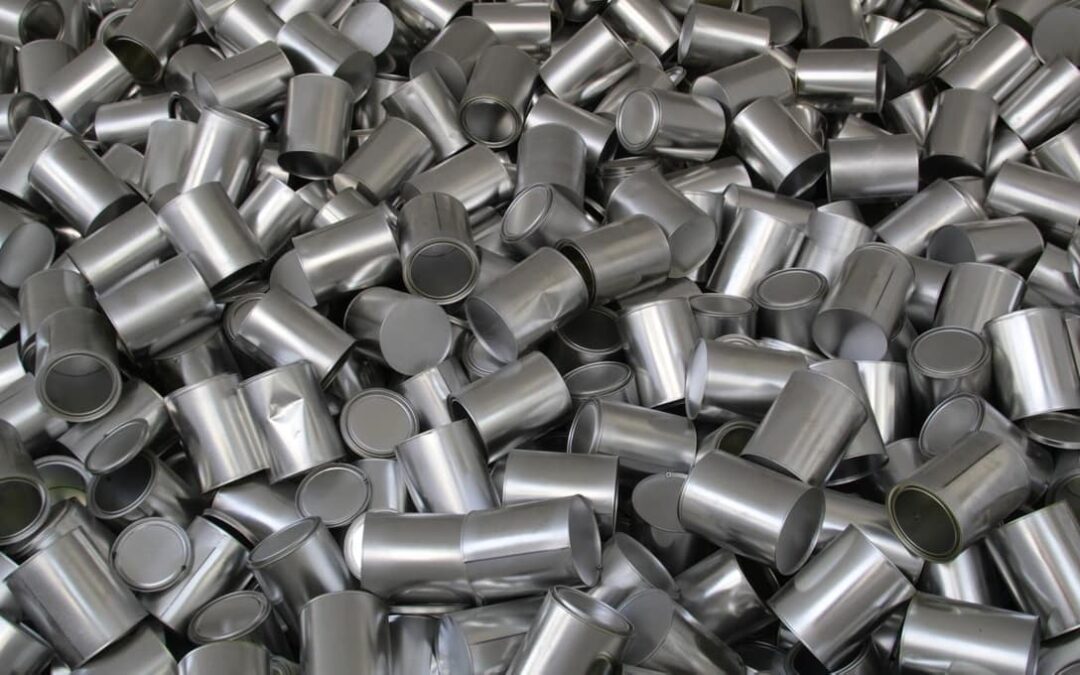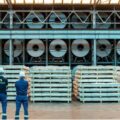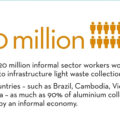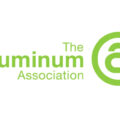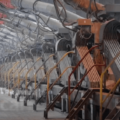Outlook for the aluminum industry in Australia after inclusion in the Strategic Materials List
The Australian Aluminium Council welcomes the confirmation that aluminum is, and will continue to be, one of the key raw materials in the global drive towards net zero emissions, by being included in the Strategic Materials List.
This important recognition is a key step in aligning Australia with other countries such as Canada, the U.S. and Europe, which have also identified bauxite (aluminum ore) and aluminum as critical resources. Aluminum has also been highlighted by the World Bank and the International Energy Agency as one of the most important commodities in clean energy technologies, such as solar power, batteries and electric vehicles, as well as in broad strategic applications.
The Council’s executive director, Marghanita Johnson, expressed her satisfaction with the new list announced by the Australian government and highlighted the importance of the country’s integrated aluminum value chain, not only to meet domestic needs but also to supply global demand for the metal.
The Council also urged the Australian government to make further progress on its recent announcement on the aluminum sector, and recommended that it engage further in the formulation of policies related to natural resources, environment, climate, energy, industry and trade.
Ms. Johnson also mentioned that in the midst of the Australian government’s efforts to reform its environmental approval processes, it is crucial to find the right balance between environmental protection and the timelines needed to achieve a net-zero emissions economy. “Industry is ready to play its part and so the Council requests that approvals, requirements and timelines take into account the important role these strategic materials play in assisting both Australia and the rest of the world in achieving its net zero emissions targets,” he added.
“With the right policy configuration, the aluminum industry (bauxite mining, alumina refining, aluminum smelting and downstream manufacturing) can continue to play a central role in Australia’s economy, national security and modern technology manufacturing. The industry will be able to continue to employ tens of thousands of Australians in well-paying jobs, while meeting our domestic aluminum needs and those of our strategic international partners in a changing geopolitical landscape,” he remarked.
The Council issued a new report that provides a detailed explanation of the policy frameworks required to achieve a sustainable industry. According to the Council, this statement represents a first step towards assigning greater importance to aluminum production in terms of priority.

